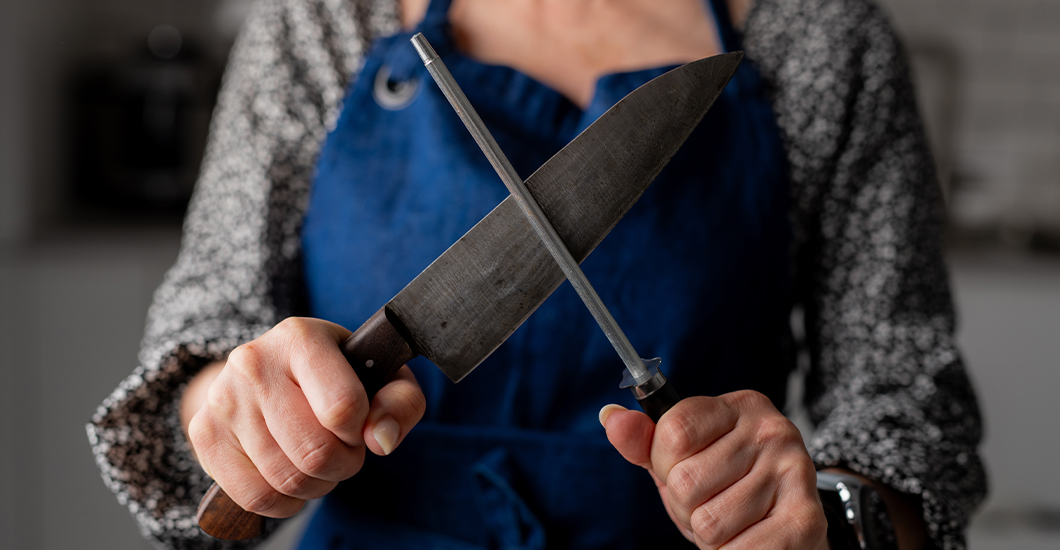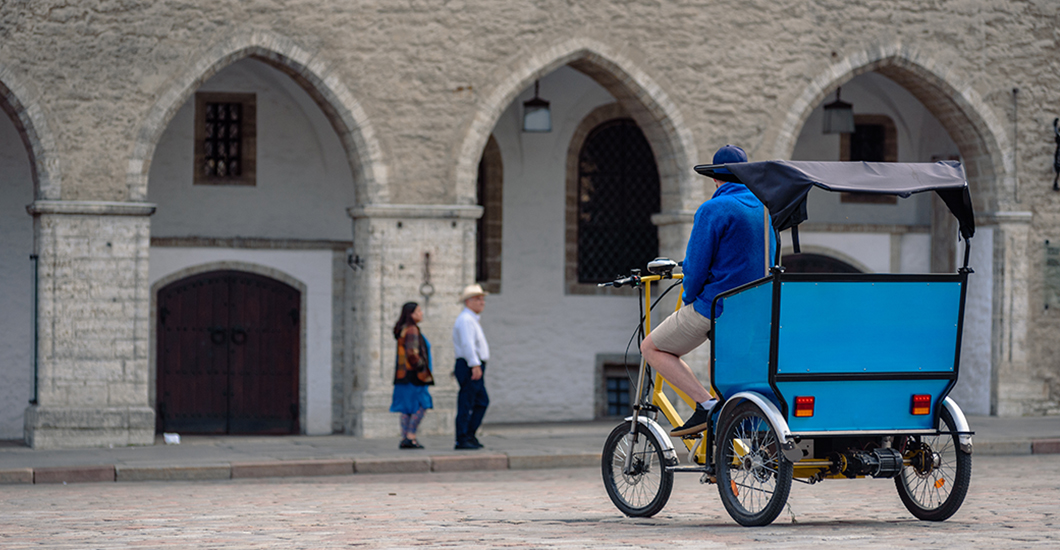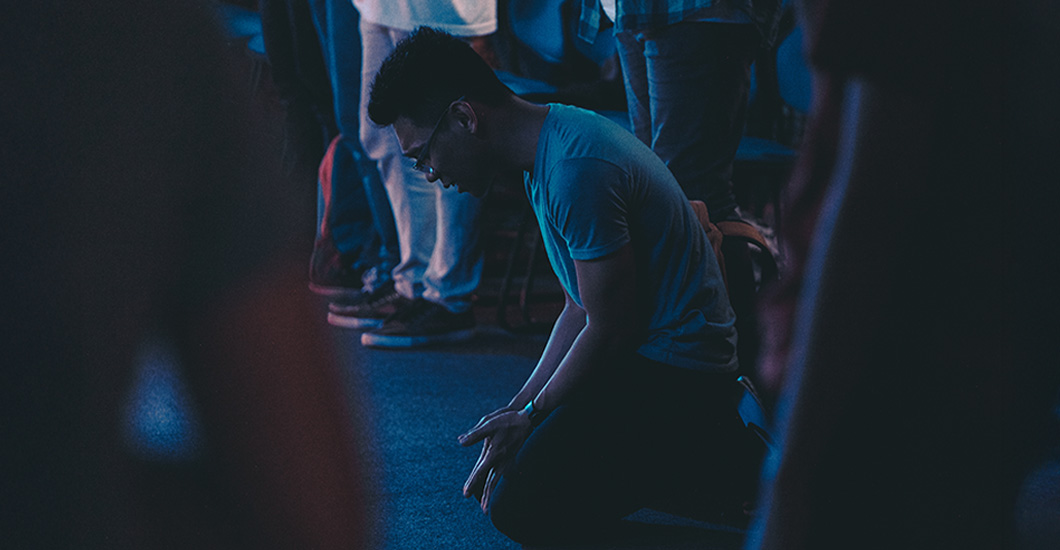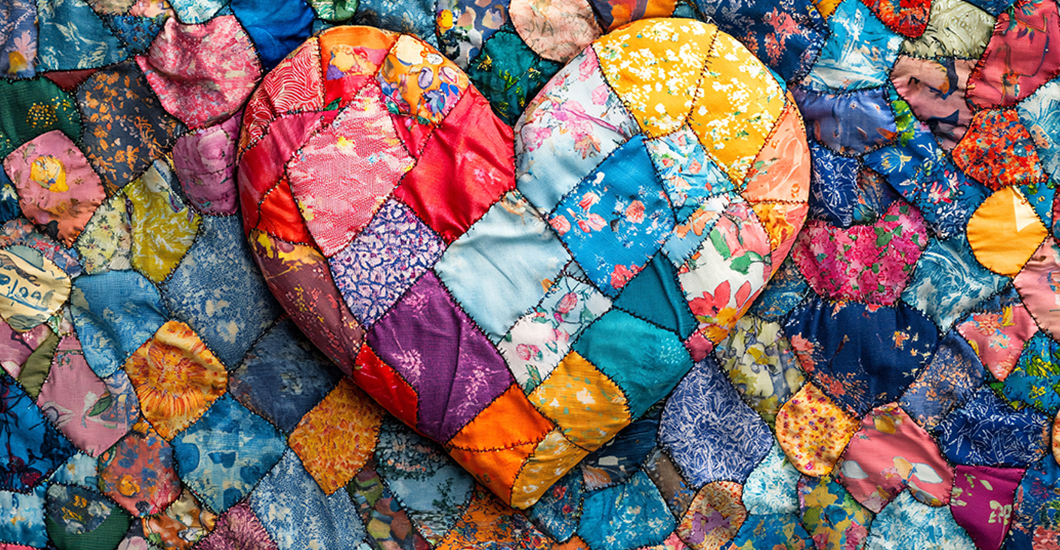Trending Articles
Discovering Our Vocation in a Complex, Messy World
It has never been easy to discern a vocation, but it is especially difficult for people in the current milieu because modern society is complex and messy. yet it is precisely in the complexity and messiness where some of the most important answers in life are found. The good news is that no matter how confused we feel, our own unique purpose in life lies deep within our own soul:
“Discovering vocation does not mean scrambling toward some prize just beyond my reach but accepting the treasure of true self I already possess. Vocation does not come from a voice ‘out there’ calling me to be something I am not. It comes from a voice ‘in here’ calling me to be the person I was born to be, to fulfill the original selfhood given to me at birth by God.” —Father Thomas merton, O.C.S.O.
Just the idea that God has a plan for each of us should be thrilling, but modern Catholics struggle with exactly how to live faithfully the teachings of the Church while remaining true to themselves as members of contemporary society. Any vocational decision seems to clash with contemporary concepts of feminism, masculinity and success. Life as a religious or a priest is a laughable waste of time if one views monks, nuns and priests as retreating from the world. A celibate single person faces derision from a culture obsessed with sex. Women, whose heartfelt desire is to become mothers, feel dismissed and ridiculed for wanting to embrace this most sacred, natural role of women as nurturing mothers.
The problem with discerning a vocation is that most Catholics do not even have a sense that everyone has a divine purpose in life. Catholics simply have a vague idea that only a few holy people are called by God for something special. even worse, many are afraid to even begin to seek their vocation, fearing what God will force them to do.
Any devout Catholic girl assumes God wants her to be a nun. Decades ago, I was secretly terrified Jesus would ask me to be a cloistered nun, especially when I heard the nearby monastic community of “The Sisters of the Precious Blood” was interceding for me. A priest who was conducting a retreat at the monastery had asked me to share my conversion story. I was shocked when he guided me through a latched iron gate in the chapel and then turned a corner, where I suddenly faced twenty sisters dressed in black veils, white tunics and long scarlet scapulars, sitting in individual choir stalls with their heads bowed in prayer. I had envisioned I would be sitting in a circle, informally sharing my story. Instead, I stood awkwardly, without a lectern, wearing a casual top, jeans and sandals. Soon these serene nuns were not just smiling but laughing; one sister actually doubled over with mirth when I recalled my grandfather’s horror at my conversion to the Catholic Church. “my God, how did she get herself into that mess?”
After my talk, I was sure I would soon be entering this monastic community, even though it was not my heart’s desire. I wish I had been able to hear the words of Pope Francis as he constantly tells us that a dedicated Christian life is one which sets us free to become fully who we are.
Seeking A Vocation
Sometimes Jesus will hit us over the head with a miraculous intervention which reveals His will for our lives in a burst of clarity. most often we must intentionally seek the face and voice of God to discover our authentic vocation. “The one who listens attentively to the Word of God and truly prays, always asks the Lord: what is your will for me?” says Pope Francis. It takes prayer, reflection and a sincere desire to mature spiritually to find our specific calling.
Pope Francis describes this spiritual journey, “When the Lord gives a mission, He always has us enter into a process, a process of purification, a process of discernment, a process of obedience, a process of prayer”. This vocational process is the most important, exciting adventure in life.
Christian revelation recognizes two specific ways of realizing the vocation of the human person in its entirety, to love: marriage and virginity or celibacy. either one is, in its own proper form, an actuation of the most profound truth of [wo]man, of [her] being “created in the image of God.” (Pope St. John Paul II, Familiaris Consortio)
Of course, there are a few traditional discernment steps which are helpful in revealing our vocation. Journaling really helped me discern a vocation because the process of writing clarified my thoughts and feelings. When we put down our gifts, our limitations and the pros and cons for certain vocations, we can see things better in black and white rather than simply allowing our thoughts to swirl around in our heads.
Most importantly, if you want to find out who you really are in Christ, place yourself in the presence of the loving God, come to a sense of peace and then try to listen to your heart. even as a young Christian, God gave me an inner sense of which road to take when I stopped long enough to ask Him and listen to Him. Often His answer was opposite to what I thought would be the ‘holy’ choice.
For example, when I wanted to attend a Protestant Bible School at 18 years old with my sister, I knew I was supposed to remain in university even though it felt like I was refusing to dedicate my life to Jesus. But God surprised me; six months later when I attended my first mass, God ripped the rug out from under me as I found myself yearning to receive the Eucharist. I made an appointment with the university chaplain right after that first mass.
This not only led me into the Church, he became my spiritual director. This Jesuit was a good director who helped me deepen my relationship with God and helped me get to know myself better. If it was not for this priest challenging my preconceived notions of who I was, where God was calling me, I shiver to think where I would be right now.
Our vocation does lie deep within our own soul but we are part of a community of believers and we need each other as we journey together towards the heart of God.
Melanie Jean Juneau is the administrator of ACWB, the editor in chief at Catholic Stand, and author of “Echoes of the Divine.” Her writing is humorous and heart-warming, thoughtful and thought-provoking. Part of her call and her witness is to write the truth about children, family, marriage and the sacredness of life. Juneau is a mother of nine children and blogs at joy of nine9.
Latest Articles
Want to be in the loop?
Get the latest updates from Tidings!








